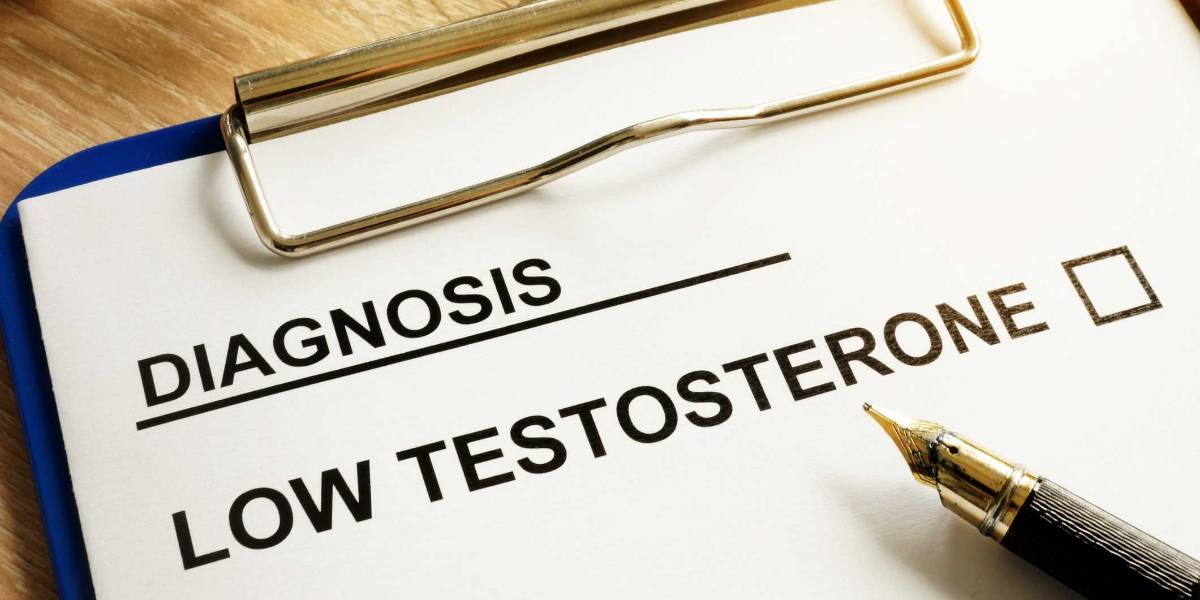Loss of sex drive and libido can affect people of all ages and both genders. Loss of libido tends to become more likely the older we get and this has been found to be more pronounced in women.
Complications of diabetes, including depression and nerve damage, can also have an impact on libido.
Which factors affect libido?
The NHS lists the following factors which can play a role towards a lower sex drive:
- If your relationship is having problems
- If you have certain diabetic complications
- Low sex hormone levels
- If you are approaching the menopause
- Stress
- Exhaustion
- Depression
- Over consumption of alcohol
- An underactive thyroid (hypothyroidism)
- If you are on certain medications
Relationship issues
The NHS notes relationship issues as one of the most common factors in a loss of sex drive.
Talking about your feelings with your partner can be beneficial. You can also get help by talking with Relate, a charity that offers relationship counselling – contact Relate on 0300 100 1234
Your GP can also be able to refer you to speak with a psychosexual therapist.
Diabetic complications
The presence of certain diabetic complications, such as nerve damage (neuropathy) or circulation difficulties, can lead to difficulties in arousal, which can also affect libido.
Achieving good control of blood sugar levels is generally recommended for men and women.
- Read more on female sexual dysfunction
- Read more on male sexual dysfunction
Low sex hormone levels
Low testosterone levels in men and women can lead to a lower sex drive. Women produce testosterone albeit in much smaller quantities than males.
If you have low testosterone levels, your GP may be able to prescribe treatments to help.
Approaching the menopause
Women approaching the menopause will typically experience a reduction of oestrogen in their blood which can lead to a loss of libido.
Hormone replacement therapy (HRT) can help but does have side effects. You can discuss with your GP whether hormone replacement is appropriate.
Stress, exhaustion and depression
Stress, exhaustion and depression can each lead to reduced interest towards sex. Certain medications for depression, such as SSRIs (selective serotonin reuptake inhibitors) can lower libido as a possible side effect.
If stress, exhaustion or depression is having a negative effect on your sex life, speak to your health team.
Alcohol
Drinking excess amounts of alcohol is linked with lower sex drives.
The recommended maximum limits for alcohol intakes for men and women are:
- Men: three to four units a day
- Women: two to three units a day
Underactive thyroid
The thyroid gland is responsible for producing the hormone thyroxine.
An underactive thyroid gland can lead to symptoms such as tiredness, depression and weight gain, which can have a knock on effect of reducing libido.
Medications and loss of libido
A number of medications may also lead to a lower sex drive, notably including the antidepressants SSRIs, as mentioned above, and medications for high blood pressure.






